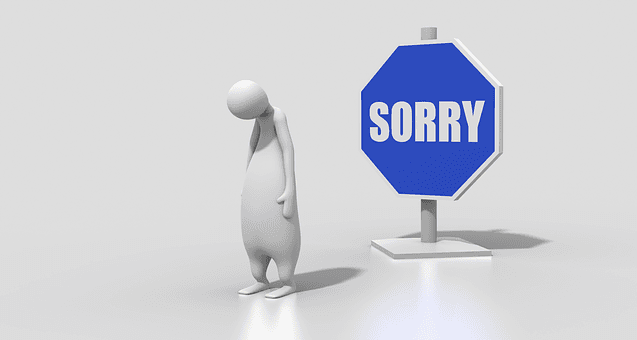Overusing "I'm Sorry"
According to psychologists, we habitually apologize in our communication, but we can learn to be considerate without saying the word "sorry".
We don’t have to needlessly apologize for everything we do. Overusing the word "sorry" makes us feel timid, unconsciously diminishing our confidence.
470
3.31K reads
The idea is part of this collection:
Learn more about communication with this collection
The spiritual benefits of fasting
The rituals and practices during Ramadan
The importance of community and charity during Ramadan
Related collections
Similar ideas to Overusing "I'm Sorry"
What if I'm the one with the need to control others?
We might be doing unconsciously. The trigger comes from financial problems, being abandoned by our significant other, or even the loss of a loved one. They’re significant moments when the emptiness becomes tangible and suffocating.
Moments where fear grips us and we can’t ...
Shopping Addiction
Compulsive shopping is when chronic, repetitive buying habits have serious consequences and become a disorder, similar to drug addiction. Conscious spending is one of ways we can overcome this emotional need to buy stuff.
An inability to handle money effectively a...
Characteristics of Healthy Relationships
- Respect for privacy and space. We don’t have to be with our partner 24/7.
- Our partner encourages us to spend time with friends without them, and to participate in activities that we enjoy.
- We...
Read & Learn
20x Faster
without
deepstash
with
deepstash
with
deepstash
Personalized microlearning
—
100+ Learning Journeys
—
Access to 200,000+ ideas
—
Access to the mobile app
—
Unlimited idea saving
—
—
Unlimited history
—
—
Unlimited listening to ideas
—
—
Downloading & offline access
—
—
Supercharge your mind with one idea per day
Enter your email and spend 1 minute every day to learn something new.
I agree to receive email updates

